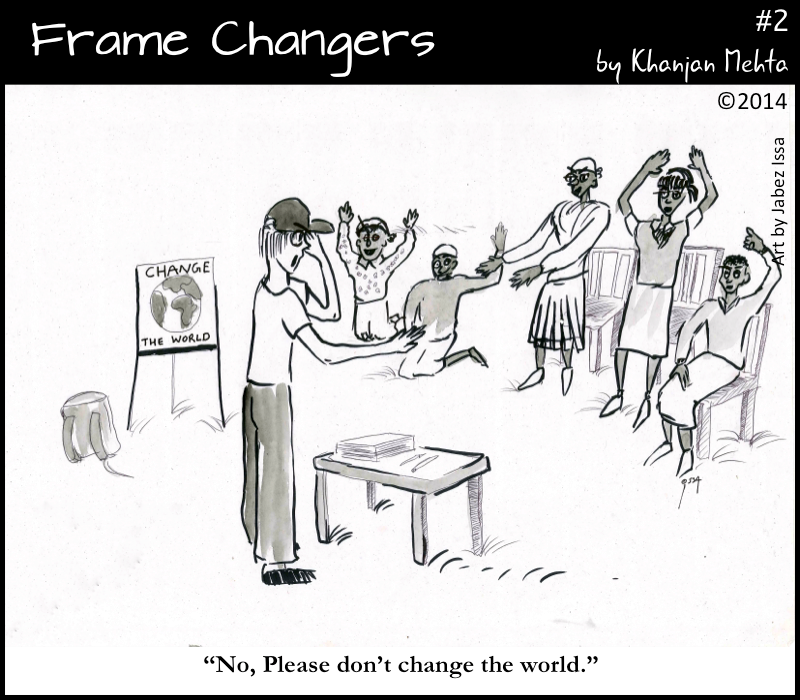Successful, effective online courses? No, that’s hardly a metaphor. At TechChange, we create online courses tailored to our professional participants so that they may create real change in the world. Across international boundaries, languages and experiences, I’ve worked to provide and support our ever-growing platform to make this course a unique success. Instead of hard course deadlines and unrealistic quotas, I measure success by the participant engagement; observing how they foster connections, and use the platform to collaborate for global change.
As a part of the TechChange team, I am unlike many other, typical online course facilitators. I provide and support weekly Live webinars, thoughtful and active discussion forums, and round-the-clock support to fellow facilitators and participants. I’ve found that these tools for facilitation return a higher degree of success upon completion of the course, and beyond.
I’ve had the recent pleasure of working closely with one of our team’s oldest partners to kick-off the fifth iteration of their online course on global health and entrepreneurship. To our delight, the course was a major success, more so than any of the past iterations. We had over 300 applicants and enrollees; over 200 new discussion replies posted in only one week; and more enthusiasm for each week’s Live webinar than we could have ever expected. The participants’ engagement sparked our team to host additional spaces for these professionals to collaborate, and they returned only positive, energizing conversations. We were inspired by motivating testimonies, trials and missions, and were thrilled to have provided a platform through which these ideas could flourish.
This international network of entrepreneurs and critical thinkers, working together in real-time, using the knowledge and tools available in our course, is the true measure of success. I am proud of the hard work we all put-in, and have high goals to meet in the next iteration of the course.


